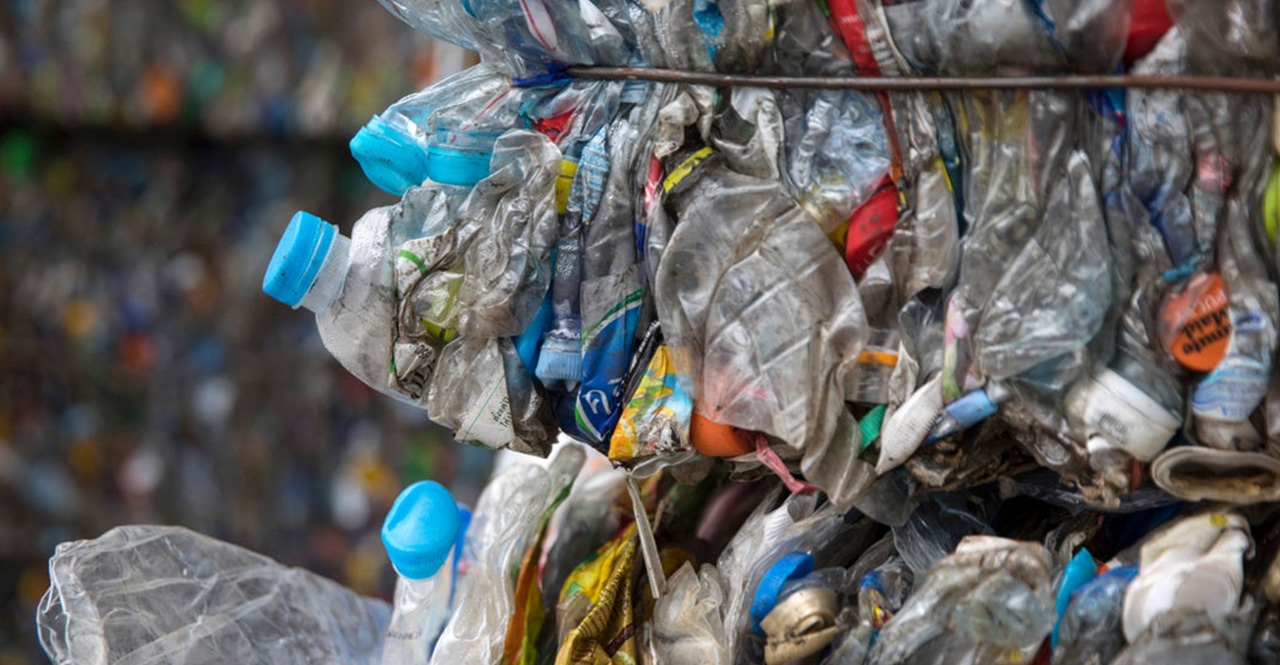Enhancing Environmental Sustainability With Strategic Liquid Waste Elimination Solutions
In the realm of ecological sustainability, the reliable management of liquid waste stands as an important focal point in maintaining our ecological communities and safeguarding public health and wellness. Allow us begin on a trip to discover the transformative possibility of strategic liquid waste administration methods in boosting ecological sustainability.
Importance of Liquid Waste Management

Among the vital reasons why liquid waste monitoring is important is its direct influence on public wellness. Neglected or incorrectly treated liquid waste can consist of unsafe pathogens and chemicals that position severe wellness risks to areas. Polluted water resources can cause waterborne illness, impacting both human wellness and ecosystems. Proper management of liquid waste assists stop these wellness threats and ensures the well-being of the population.

Obstacles in Liquid Garbage Disposal
Given the important importance of appropriate fluid waste management in protecting public wellness and environmental wellness, it is critical to deal with the many obstacles related to liquid garbage disposal techniques. One significant challenge is the lack of appropriate framework for the collection, therapy, and disposal of liquid waste. Numerous regions, particularly in establishing countries, struggle with not enough centers and sources to handle the increasing volume of liquid waste produced. This causes incorrect disposal approaches such as unloading in water bodies or unapproved land fills, posing major health risks and environmental pollution.
One more difficulty is the presence of hazardous materials in fluid waste, including chemicals, heavy steels, and microorganisms. Appropriate identification and therapy of these harmful elements require customized expertise and tools, which may not always be conveniently offered. Additionally, the price of applying risk-free disposal practices can be too high for some markets and towns, leading to more and non-compliance environmental damages.
Sustainable Fluid Waste Solutions
Amidst the pressing requirement for efficient fluid waste monitoring techniques, the crucial of lasting solutions emerges as a critical worry for environmental preservation and public health and wellness. Lasting fluid waste remedies incorporate a range of innovative technologies and practices aimed at decreasing the environmental effect of waste disposal.
Moreover, lasting liquid waste services focus on the preservation of water sources via the execution of water recycling and reuse approaches. By repurposing and dealing with wastewater for non-potable applications like watering or industrial processes, these services contribute to water conservation initiatives and lower the pressure on freshwater resources. Generally, the combination of sustainable liquid waste solutions not just sustains environmental sustainability but also cultivates a much healthier and a lot more durable society for future generations.
Benefits of Strategic Removal Practices
Strategically implemented elimination practices play an important function in optimizing fluid waste monitoring systems for environmental sustainability and public health defense. By taking on calculated removal practices, companies can substantially decrease the ecological effect of liquid garbage disposal. One of the vital advantages is the minimization of unsafe contaminants getting in water bodies, which assists in preserving water communities and guarding alcohol consumption water sources - Reclaim Waste Melbourne. Strategic elimination methods additionally add to mitigating the dangers of soil contamination, which can have resilient results on agricultural performance and biodiversity.
Furthermore, these practices promote source recuperation by making it possible for the removal of beneficial products from liquid waste streams. Furthermore, tactical removal practices can boost functional performance and cost-effectiveness by enhancing waste administration processes and optimizing resource appropriation.
Applying Reliable Environmental Approaches
Reliable application of environmental strategies is paramount in attaining sustainable liquid waste monitoring methods. To begin with, companies have to carry out extensive environmental assessments to identify possible dangers and impacts connected with their fluid waste disposal procedures. By comprehending the environmental effects of their operations, companies can establish targeted strategies to lessen injury to ecological communities and public health and wellness.
Furthermore, applying efficient ecological methods involves establishing clear objectives and goals for fluid waste administration - Reclaim Waste Melbourne. These objectives ought to specify, quantifiable, achievable, pertinent, and time-bound (SMART) to make sure accountability and click this track development in the direction of sustainability targets. Companies can additionally leverage innovation and technology to optimize fluid waste therapy processes, minimize resource usage, and boost overall effectiveness
Cooperation with regulatory companies, stakeholders, and ecological experts is another crucial facet of successful technique application. By involving with external partners, organizations can get valuable understandings, access sources, and make sure compliance with ecological legislations and policies. On the whole, a positive and critical technique to ecological management is necessary for minimizing environmental dangers and promoting long-lasting sustainability in fluid waste elimination techniques.
Verdict
To conclude, strategic liquid waste elimination solutions play an essential function in enhancing environmental sustainability. By addressing the challenges in liquid waste disposal and executing sustainable practices, we can reduce the negative effect on the setting - Reclaim Waste liquid read waste removal. It look at this site is very important to prioritize effective ecological approaches to make certain the long-lasting health and wellness and well-being of our planet
By implementing reliable waste monitoring methods, such as proper collection, therapy, and disposal approaches, the dangers associated with fluid waste can be substantially minimized.
Given the critical relevance of appropriate liquid waste monitoring in securing public health and wellness and environmental wellness, it is crucial to deal with the numerous difficulties linked with fluid waste disposal practices. Sustainable fluid waste options encompass an array of ingenious modern technologies and practices intended at reducing the environmental impact of waste disposal.Tactically applied elimination methods play an essential duty in optimizing fluid waste management systems for ecological sustainability and public wellness security. In general, a strategic and positive method to environmental management is vital for minimizing ecological dangers and promoting long-term sustainability in fluid waste elimination methods.